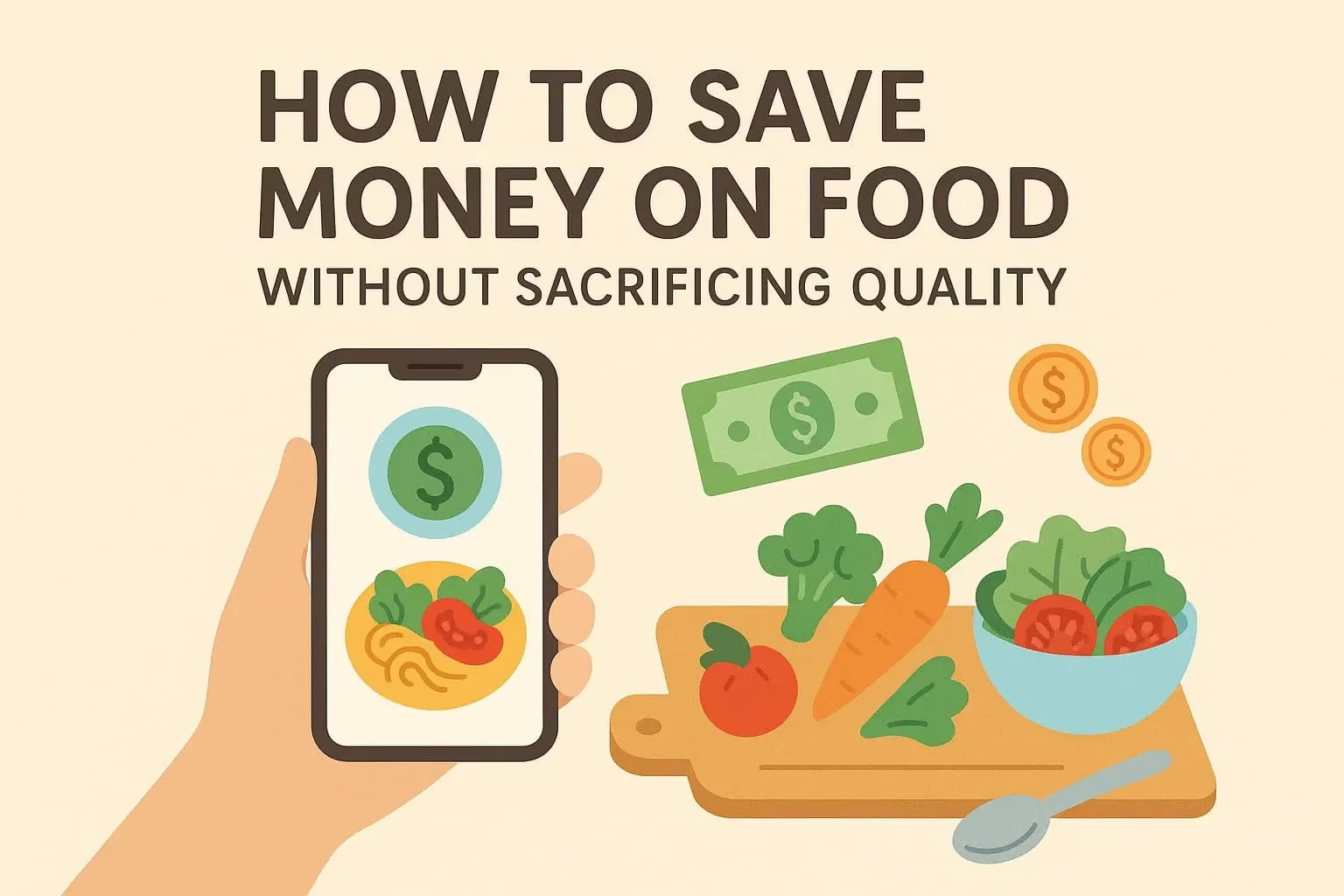The moment you start putting your needs first — saying no, resting without apology, creating boundaries — something unexpected often shows up: guilt.
Even though you’re doing something healthy, a voice inside whispers:
“You’re being selfish.”
“You’re letting people down.”
“You should be doing more.”
This guilt can feel heavy, confusing, and even paralyzing. But here’s the truth: feeling guilty for taking care of yourself is a sign you’re healing — not doing something wrong.
In this article, we’ll unpack why self-care guilt shows up, how to move through it with compassion, and how to stop letting guilt sabotage your well-being.
Why We Feel Guilty for Taking Care of Ourselves
Most guilt around self-care comes from conditioning, not character flaws.
You may have been taught that:
- Rest must be earned
- Saying no is rude
- Prioritizing yourself is selfish
- Good people are always available
- Your worth is based on productivity
So when you begin choosing yourself, it clashes with those internal rules. Even if your actions are healthy, your nervous system sends an alarm:
“This is unfamiliar — therefore, it must be wrong.”
But guilt is often a habit, not a truth.
The Different Faces of Self-Care Guilt
Understanding how guilt shows up can help you catch it before it takes over.
1. The Guilt of Saying No
You feel bad for turning down an invitation, not replying to a message immediately, or refusing a favor — even though you’re tired or overwhelmed.
2. The Guilt of Resting
You lie down, but your brain tells you you’re lazy. You cancel a plan and immediately regret it, even though you needed the break.
3. The Guilt of Having Needs
You ask for help, take a break, or speak your truth — and feel like a burden.
4. The Guilt of Outgrowing Patterns
You begin setting boundaries or shifting roles in your relationships — and feel like you’re abandoning people, even though you’re saving yourself.
How to Move Through Guilt Without Letting It Control You
1. Name the Guilt, Then Question It
Bring awareness to the guilt instead of avoiding it.
Ask yourself:
- “What exactly am I feeling guilty about?”
- “Whose rule did I just break?”
- “Is this guilt coming from truth, or from a story I was taught?”
Often, the guilt is inherited — passed down through family, culture, or gender roles.
Example Reframe:
“I feel guilty for not helping my friend move, but I’m not a bad friend. I’m honoring my limits, and I offered other support.”
2. Replace Guilt With Compassion
Imagine a loved one was in your exact position. Would you say to them what you’re saying to yourself?
Probably not.
Try these phrases:
- “I’m allowed to care for myself.”
- “My needs matter, too.”
- “It’s okay to choose peace over pressure.”
- “Rest is not a betrayal.”
- “I can love others without abandoning myself.”
Self-talk matters — especially when you’re breaking old patterns.
3. Remember That Guilt Doesn’t Equal Wrongdoing
Feeling guilty doesn’t mean you did something wrong. It means you did something new.
When you start practicing extreme self-care, guilt is often just a withdrawal symptom from a life of overgiving and self-neglect.
Let guilt be a sign that you’re expanding — not failing.
4. Stick With the Choice Anyway
You can feel guilty and still maintain your boundaries. You can rest while your guilt chatters, and you can also decline the invitation while your mind protests.
Over time, your body will learn that it’s safe to choose yourself.
Think of it like muscle-building. The first reps burn — but they get easier. And stronger.
5. Replace People-Pleasing With Inner Integrity
Ask yourself:
“Am I living in a way that’s true to me, or just trying to avoid disapproval?”
Guilt is often tied to a desire to be liked or accepted. But people-pleasing disconnects you from your truth — and drains your energy.
When you choose alignment over approval, the guilt fades — and peace grows.
How to Rewire the Guilt Over Time
Practice These Mindset Shifts:
| Old Belief | New Belief |
|---|---|
| “I’m being selfish.” | “I’m being responsible for myself.” |
| “I’m letting people down.” | “I’m showing people what my limits are.” |
| “I should be doing more.” | “Doing less helps me do what matters.” |
| “They won’t understand.” | “They might not — and that’s okay.” |
| “I’m not doing enough.” | “I am enough, even in rest.” |
New beliefs need repetition. Speak them daily. Write them down. Let them replace the guilt with grace.
What Happens When You Push Through the Guilt
Once you stop letting guilt rule your choices, everything begins to shift:
- You have more energy
- You’re less resentful
- Your boundaries get clearer
- You enjoy time alone
- You start trusting your own voice
- Your relationships become more authentic
- You finally feel at home with yourself
Guilt loses its grip when you stop apologizing for being human.
Final Thought: Guilt Is a Sign You’re Growing
Self-care guilt doesn’t mean you’re selfish. It means you’re unlearning survival patterns that told you your worth was in your sacrifices.
So rest anyway. Say no anyway. Protect your peace anyway. Let others be momentarily uncomfortable so that you can be whole.
You are not here to please everyone. You are here to live honestly, fully, and freely.
And you don’t need to feel guilty for becoming who you were always meant to be.






